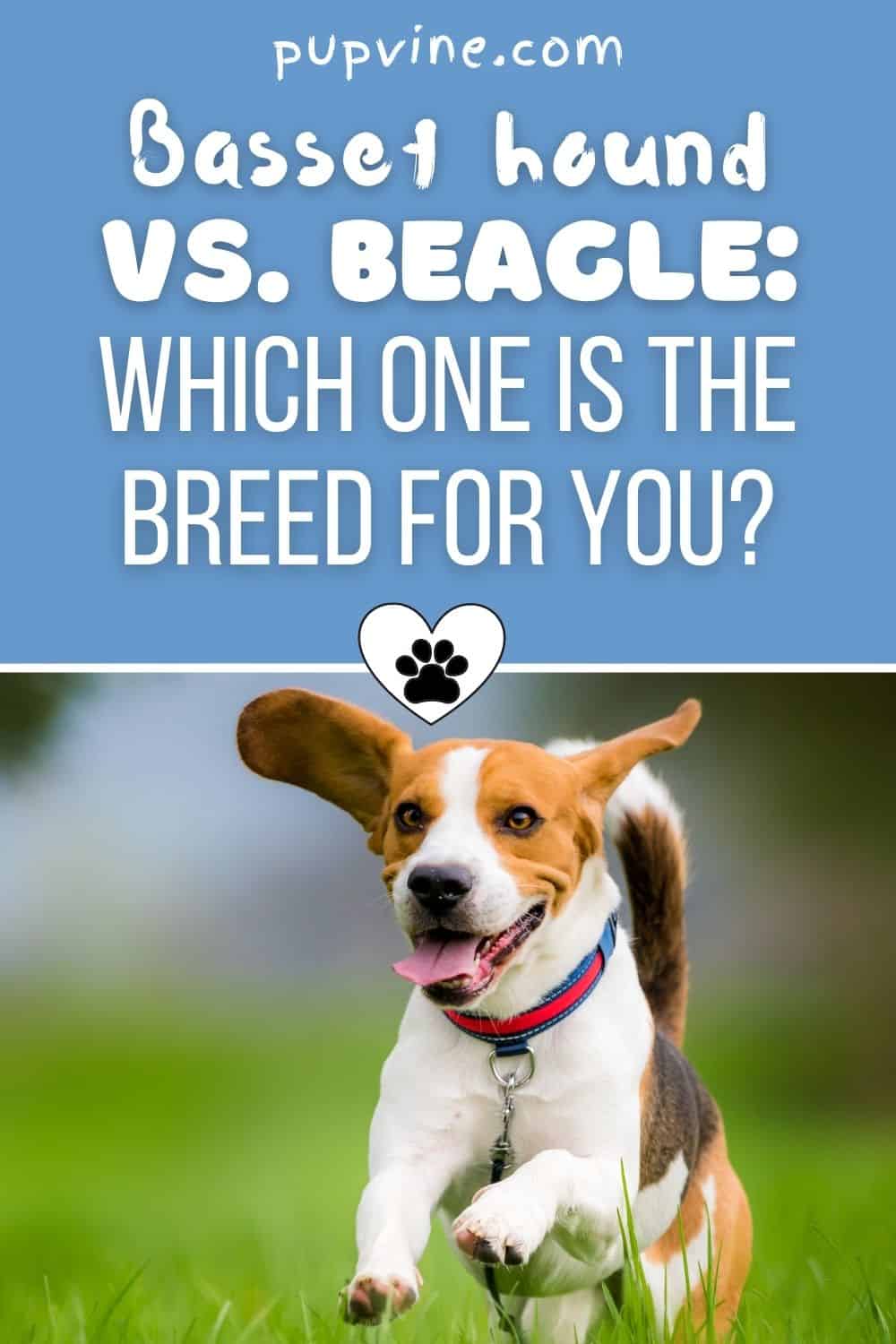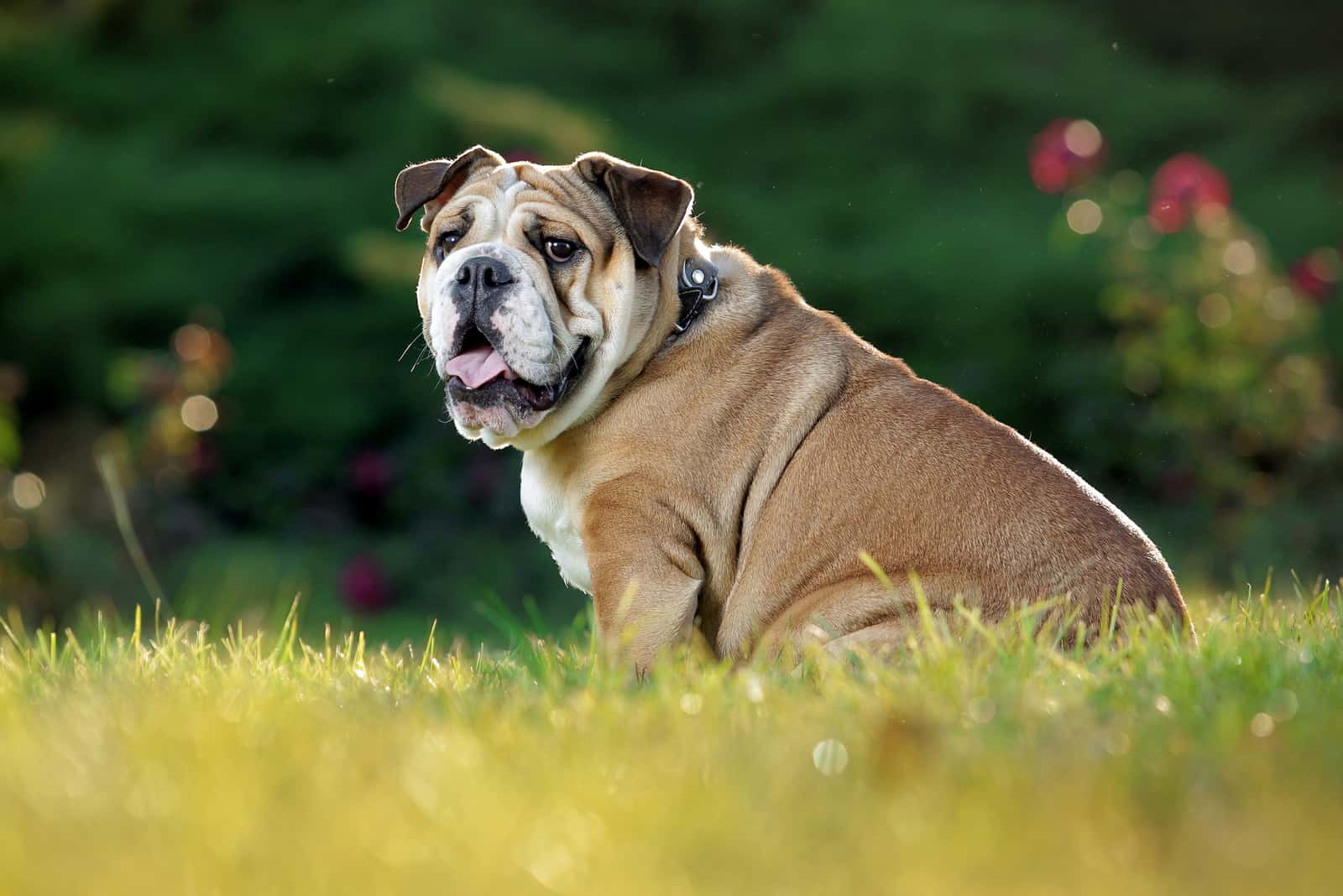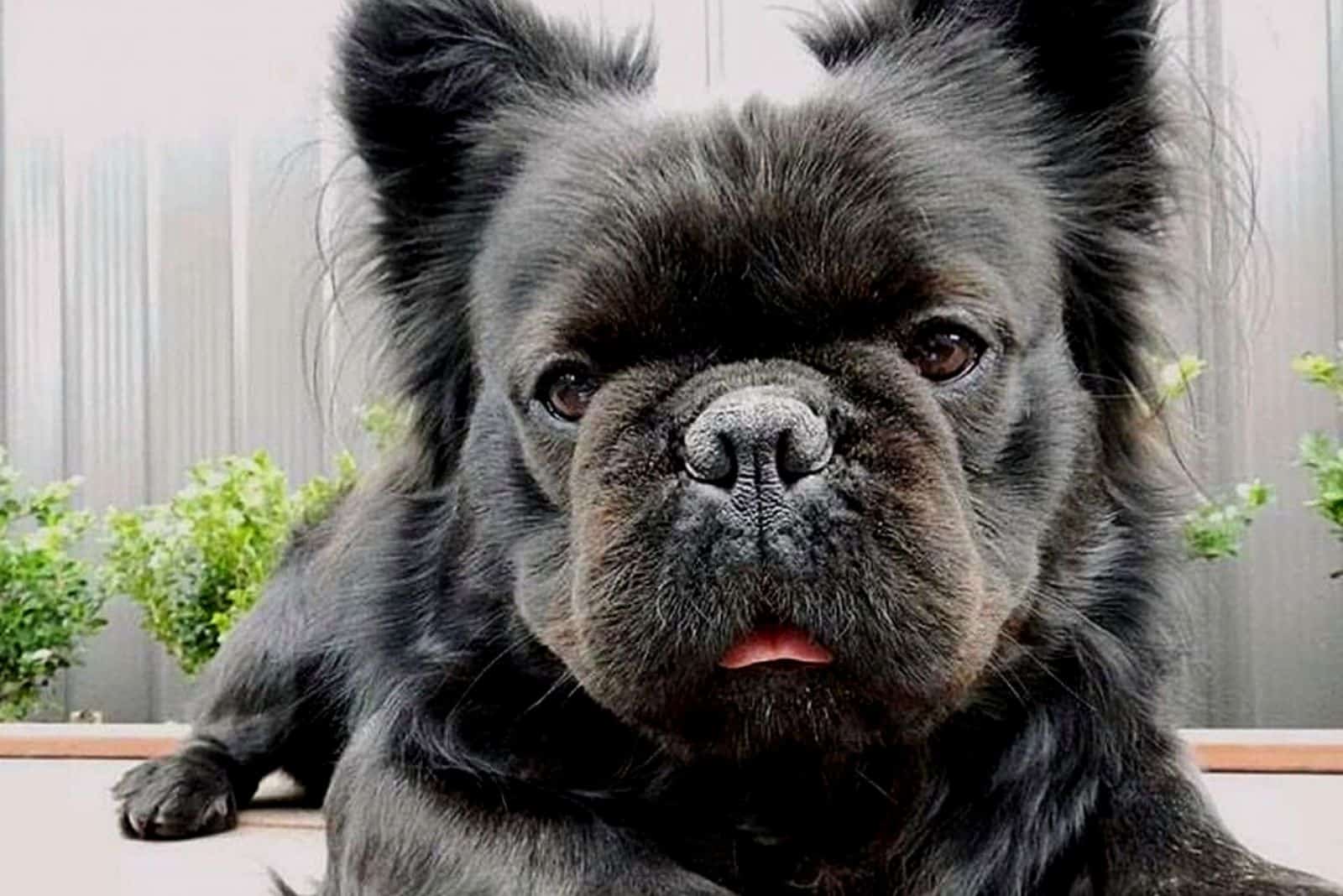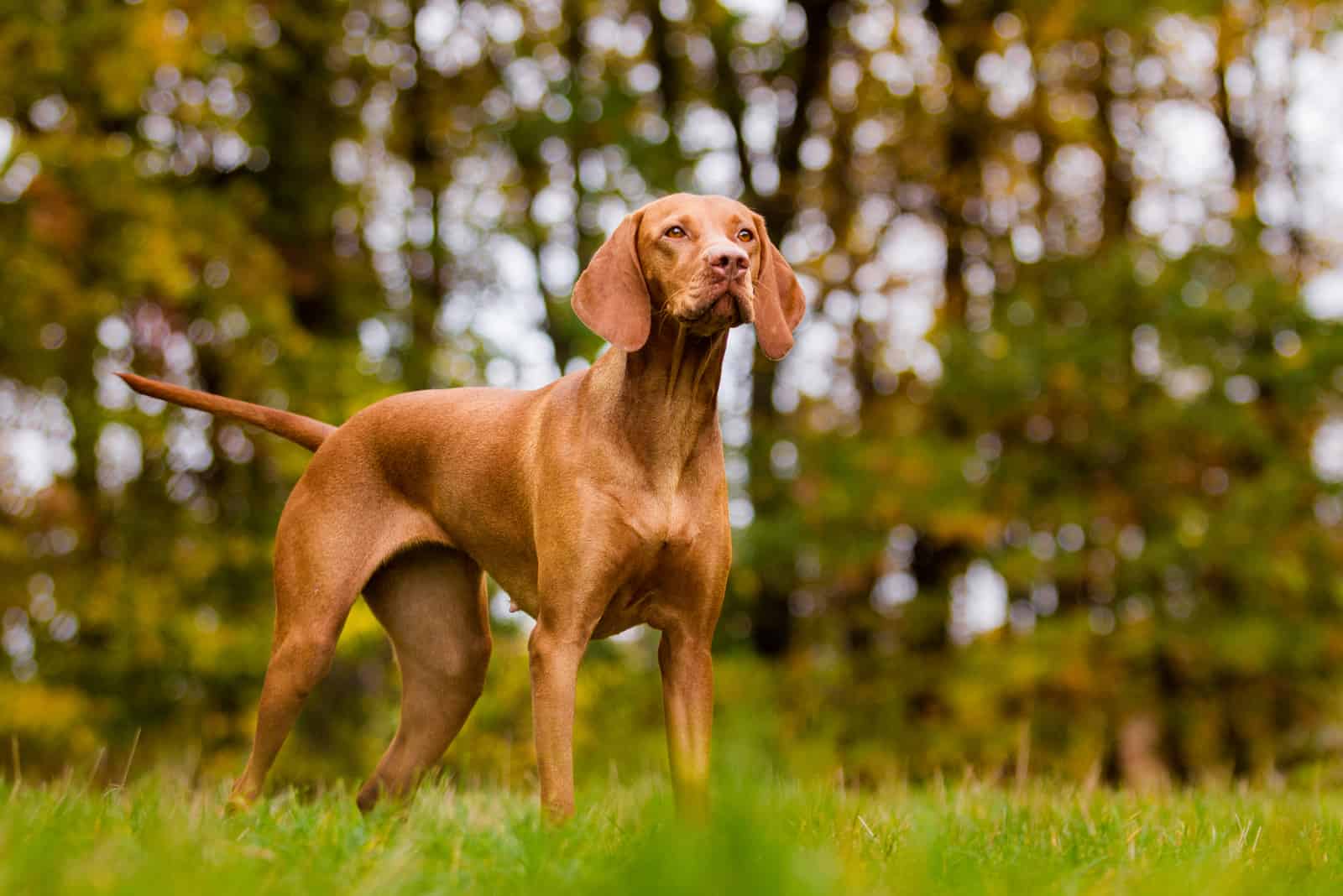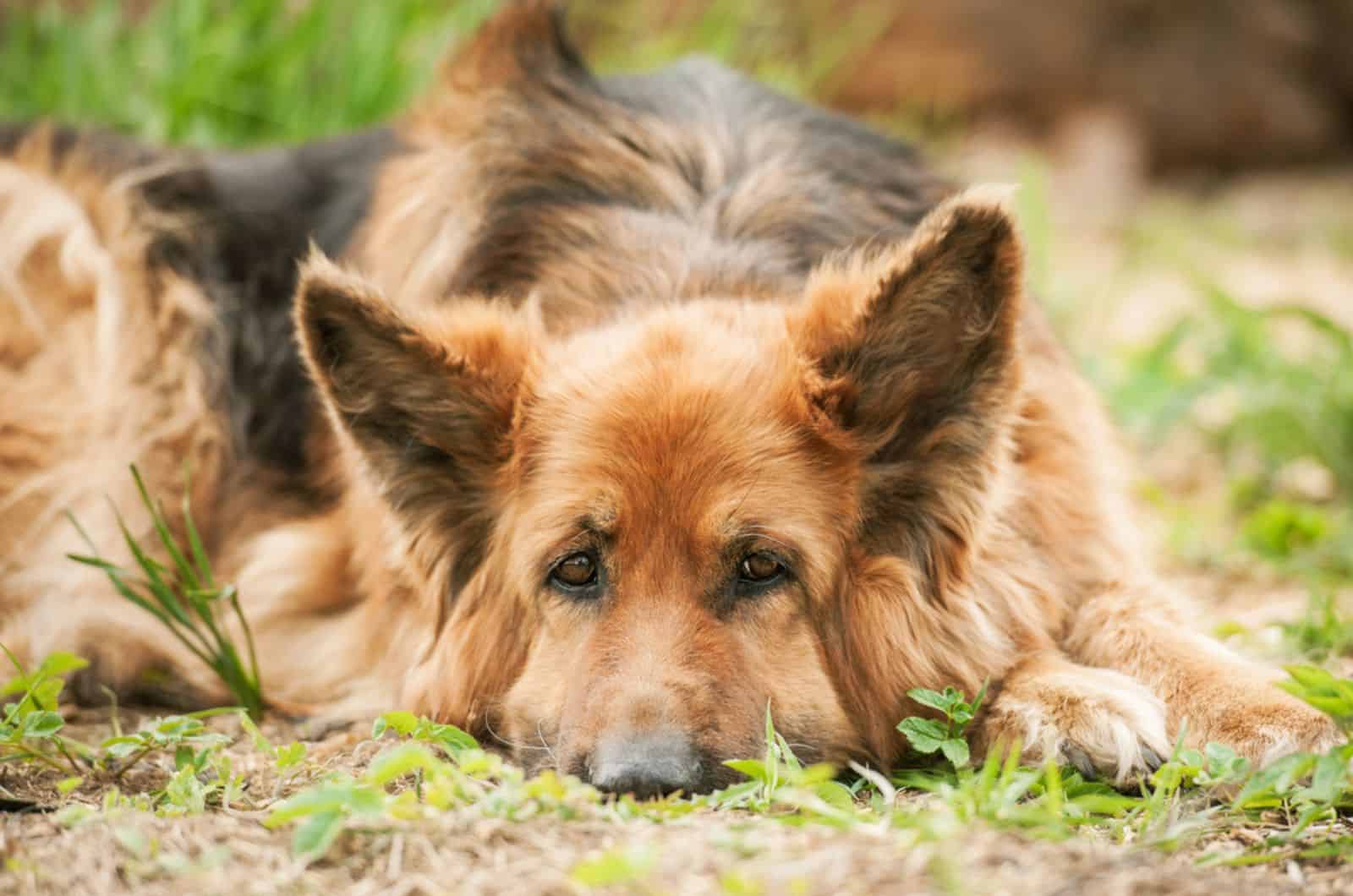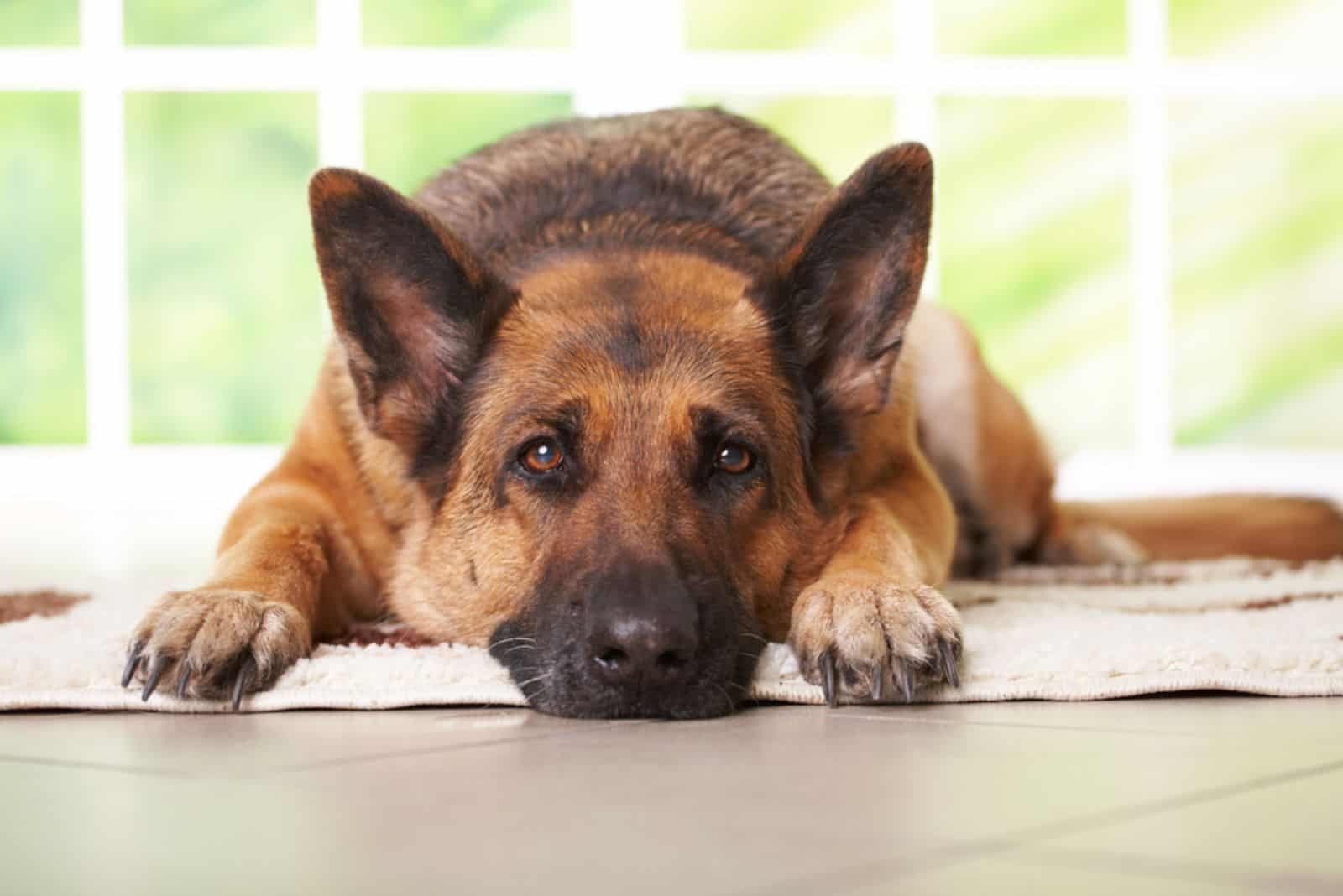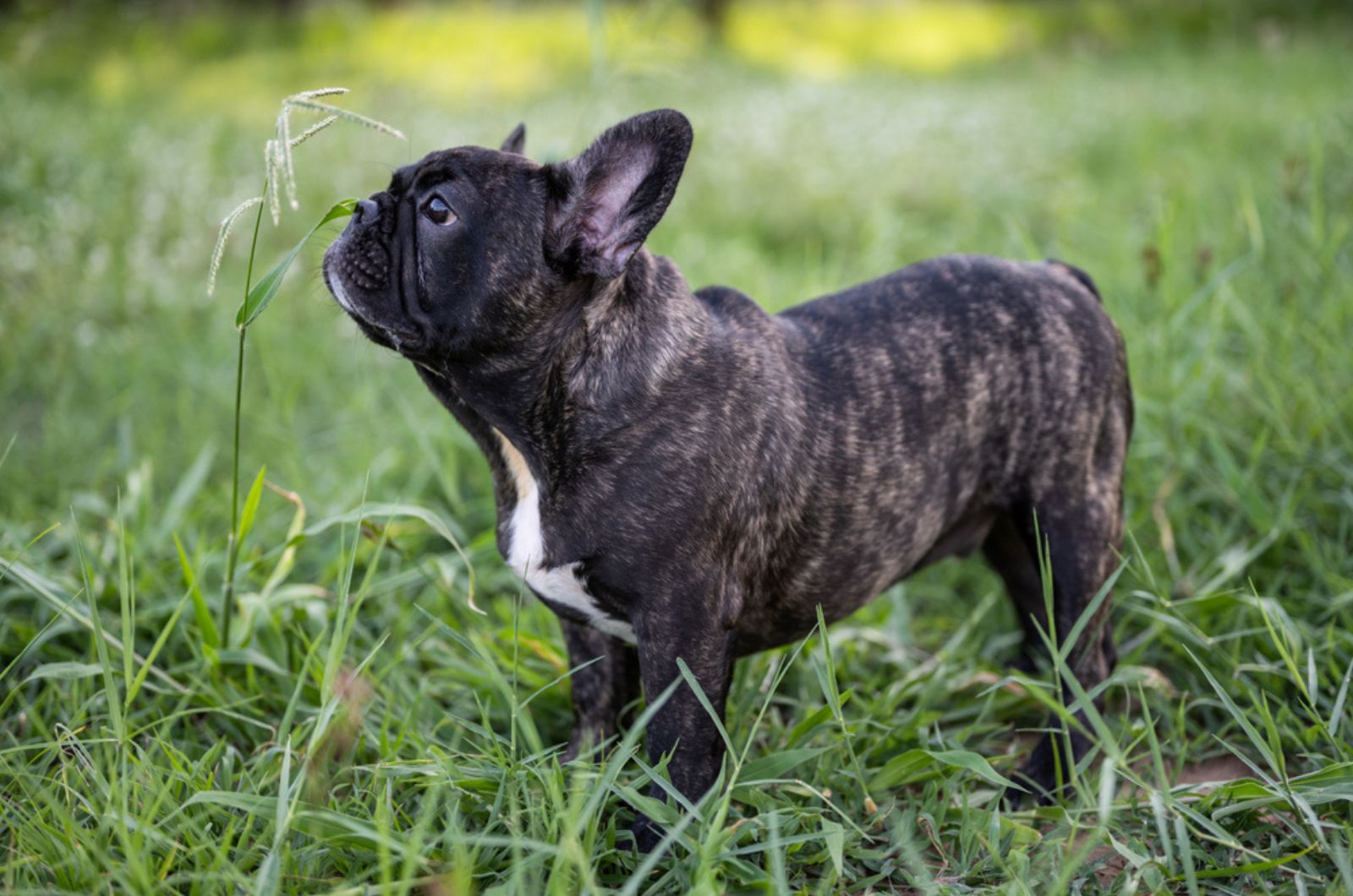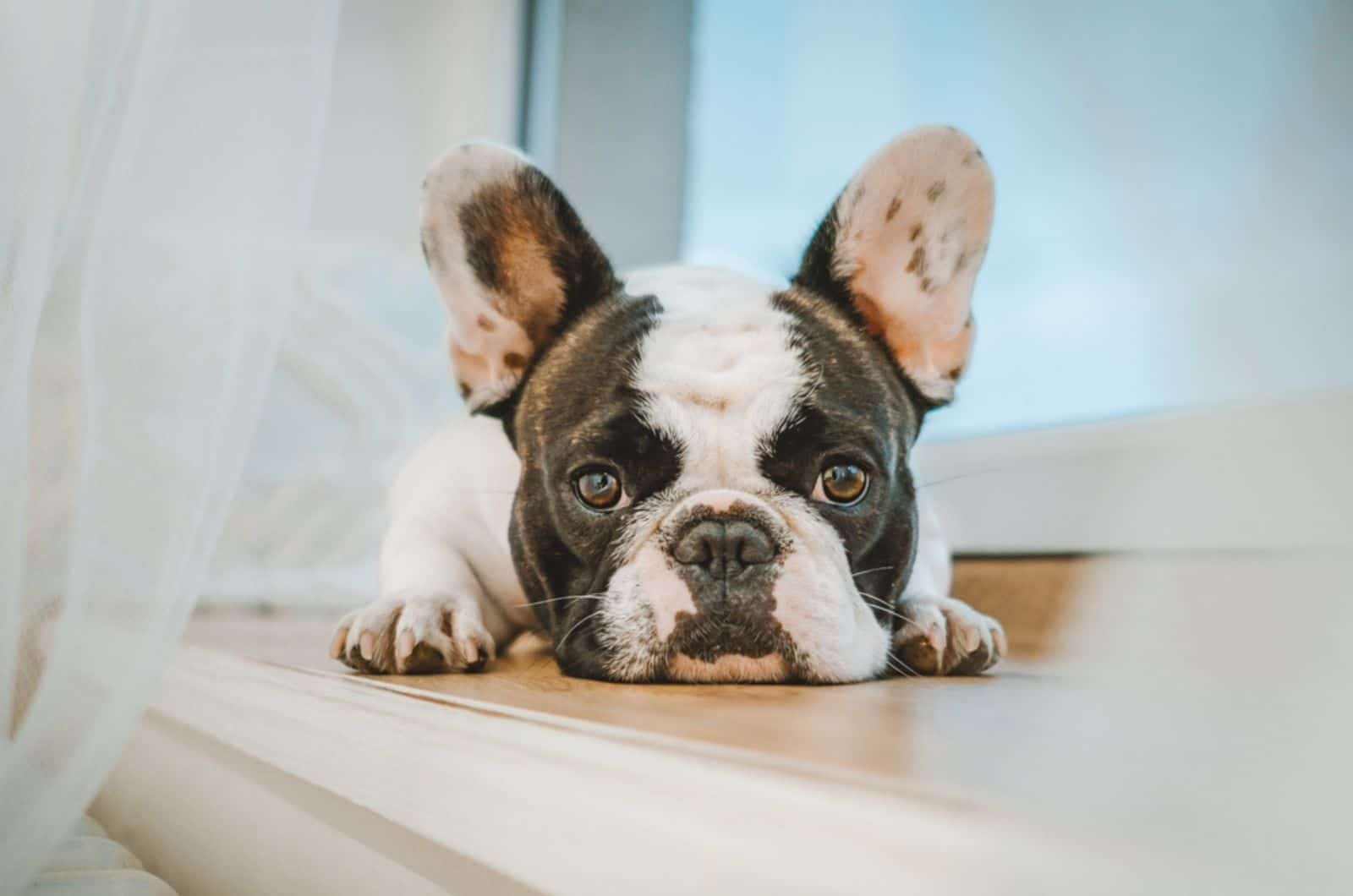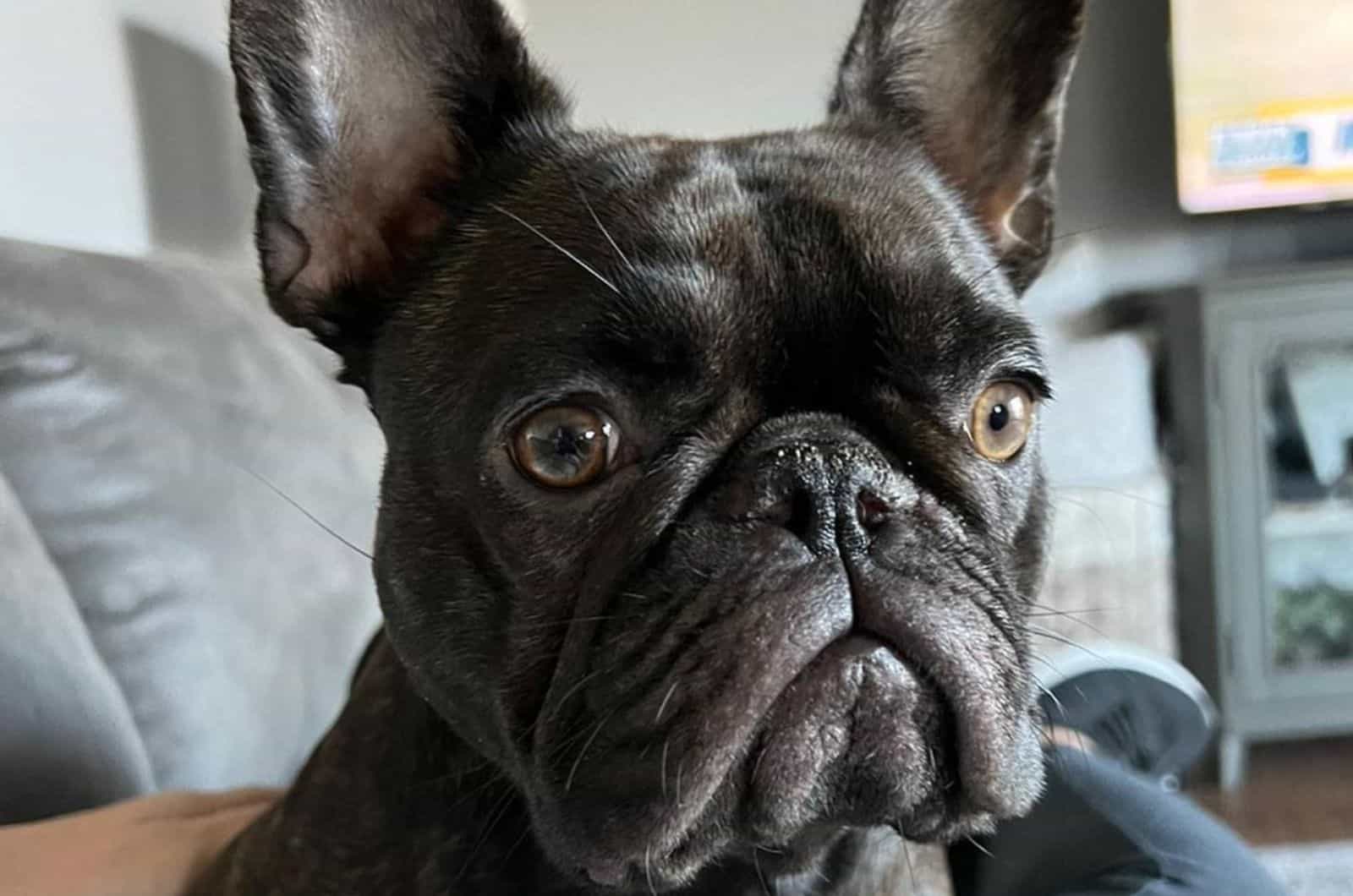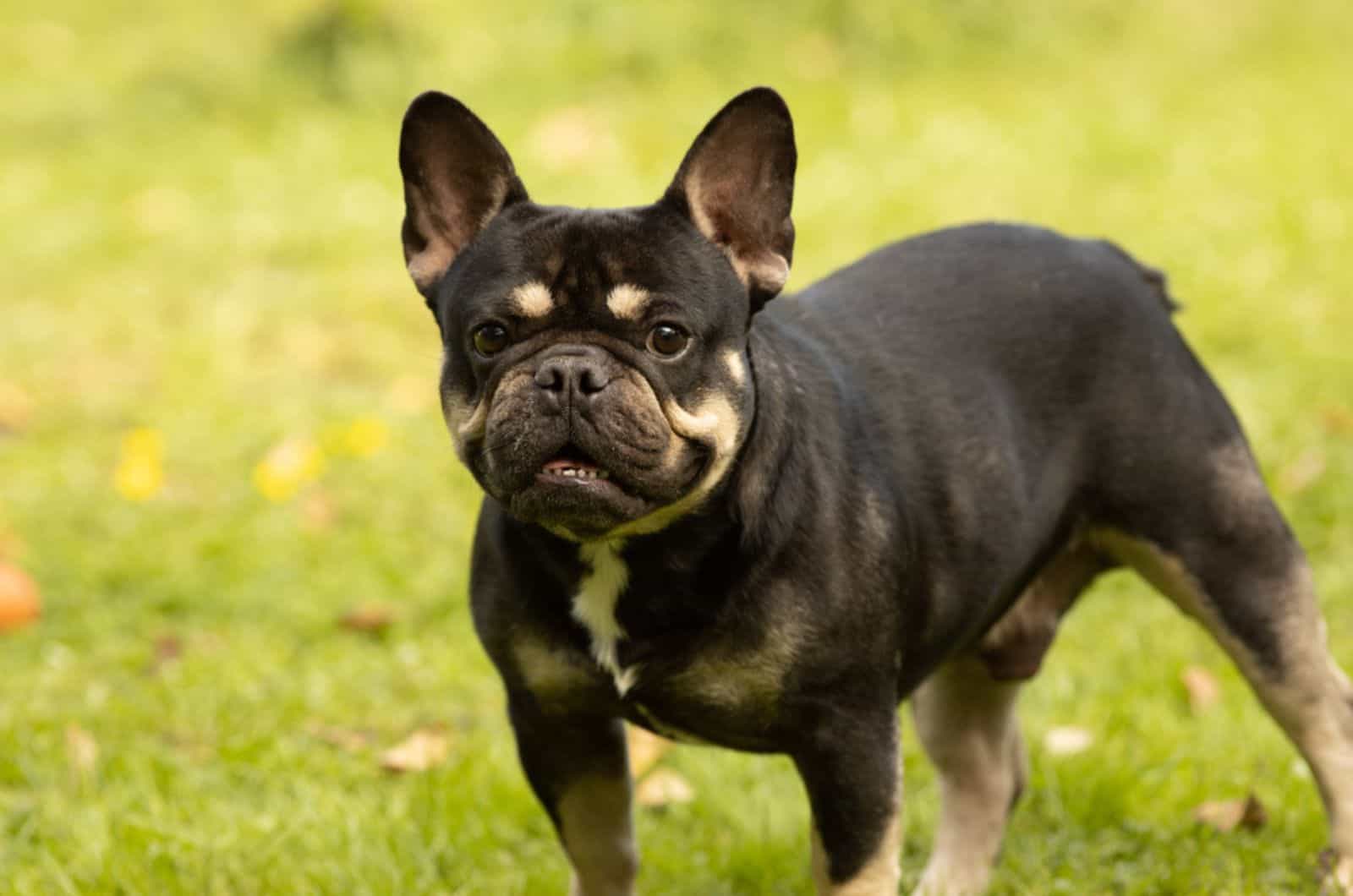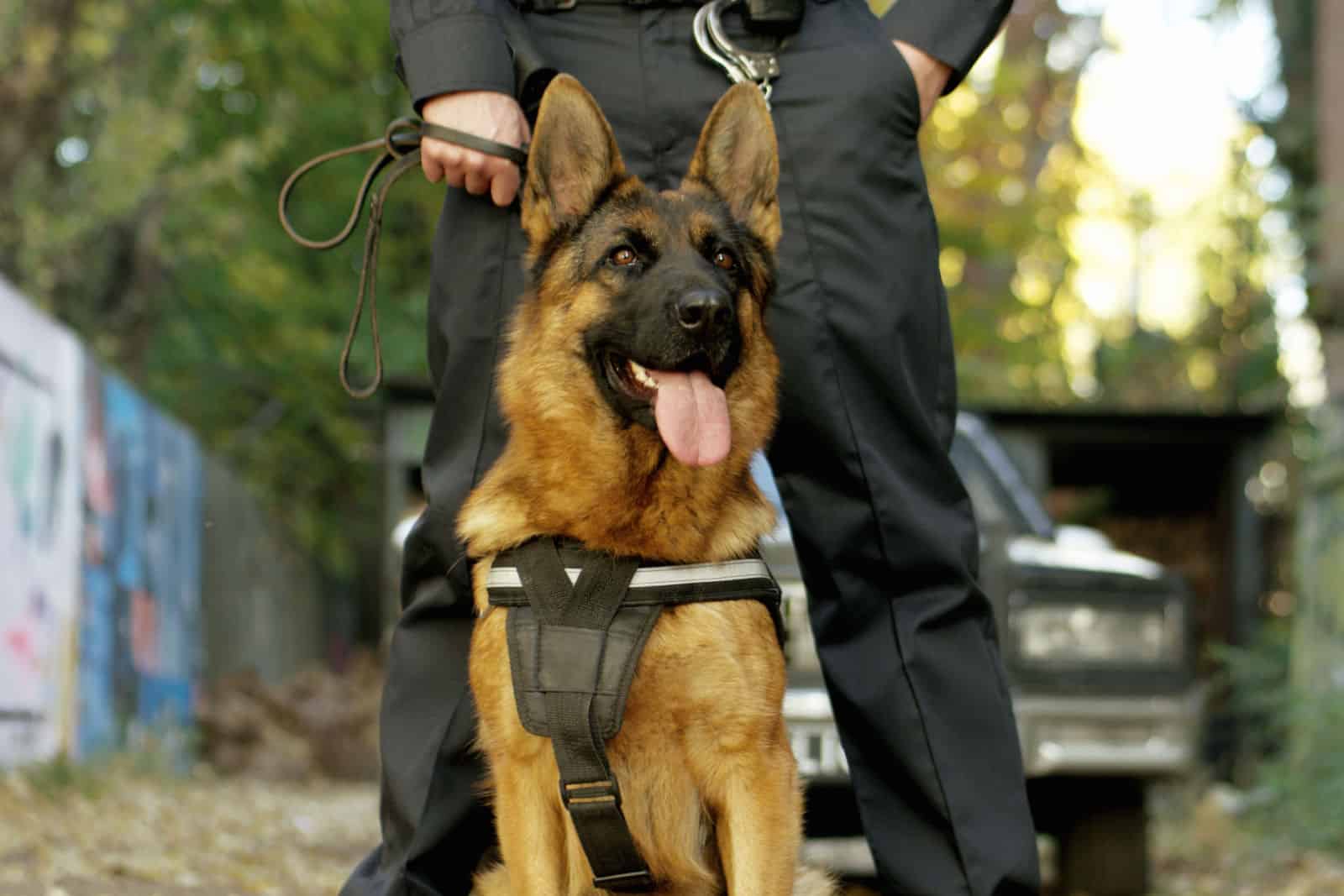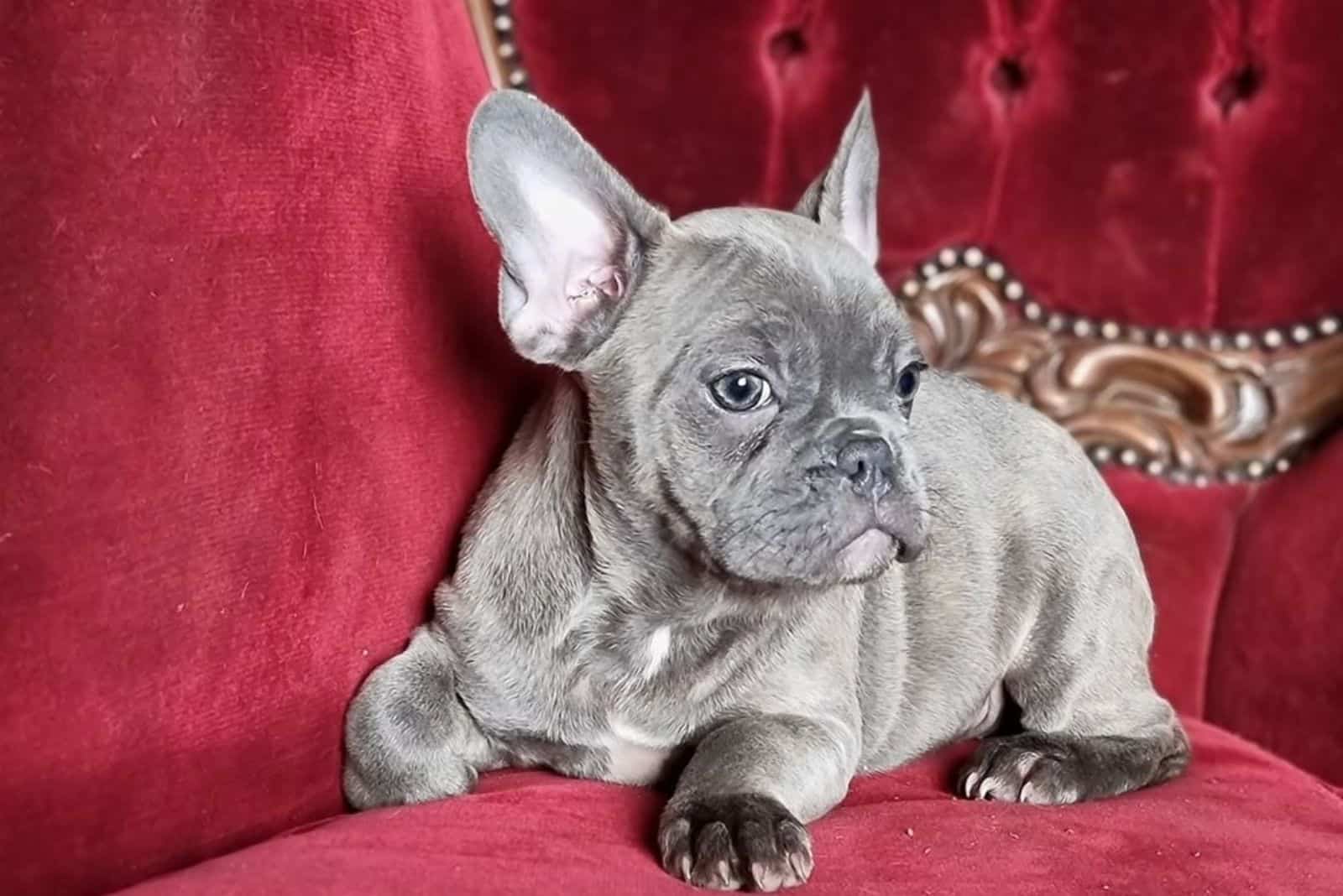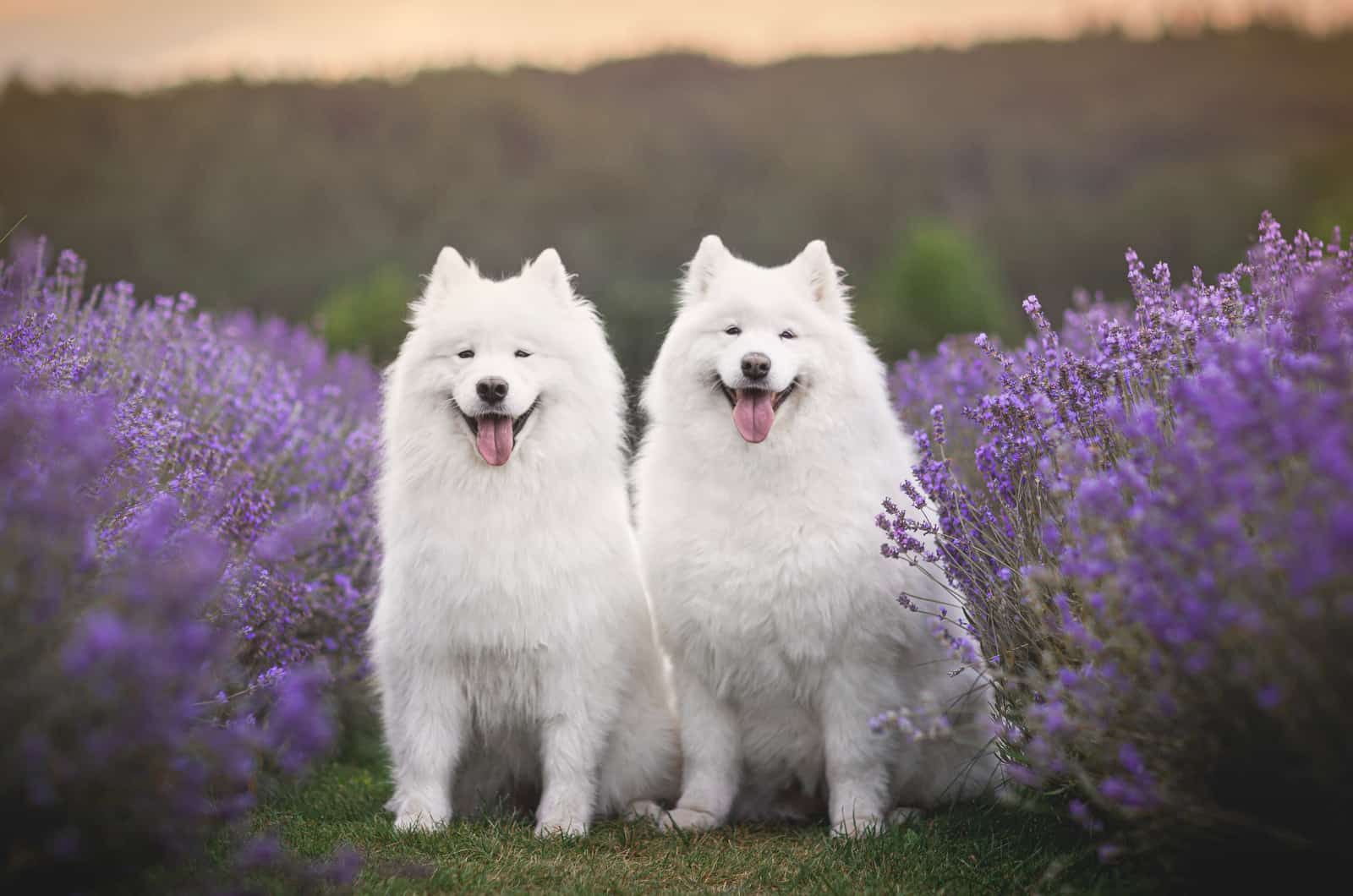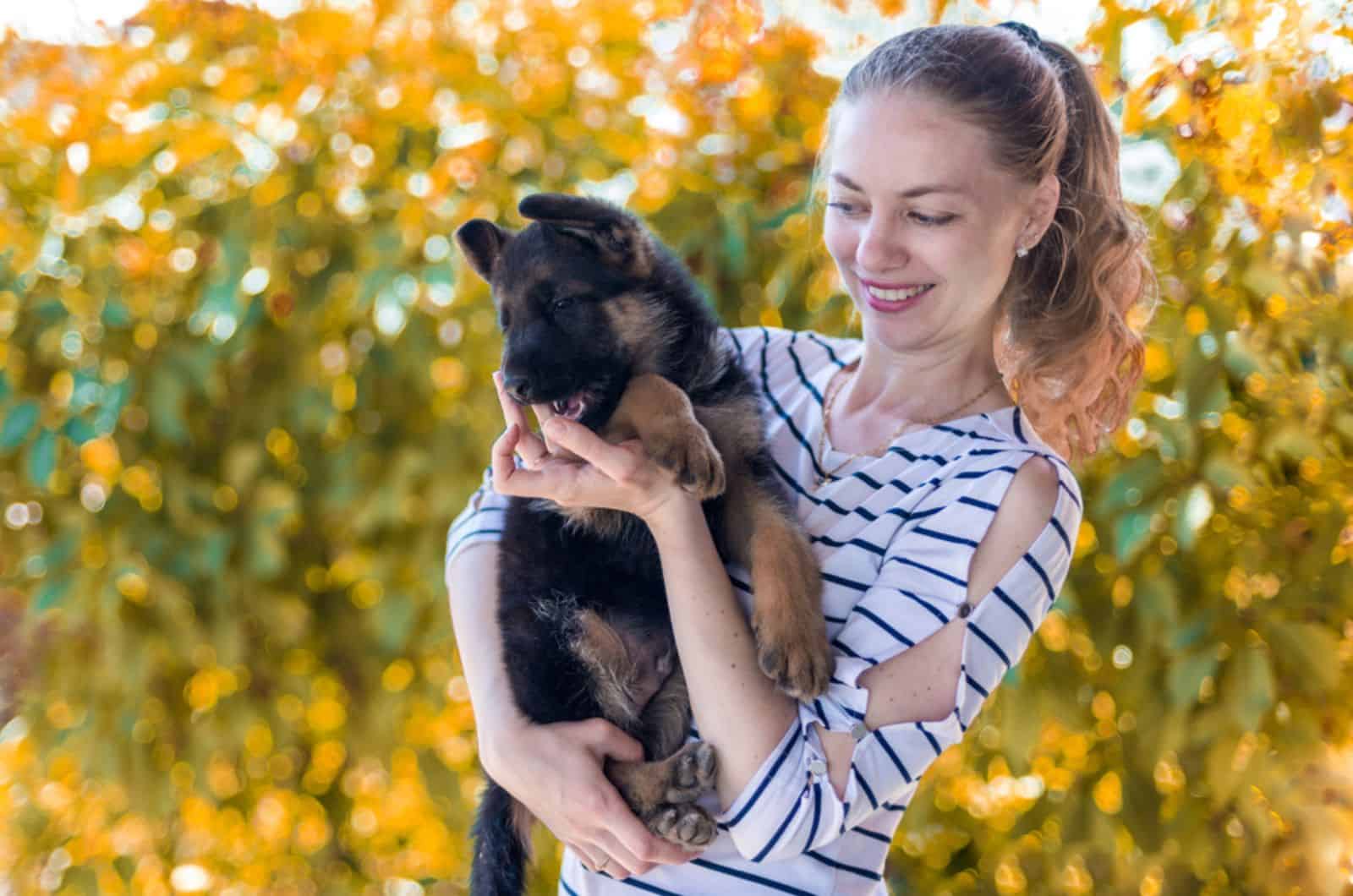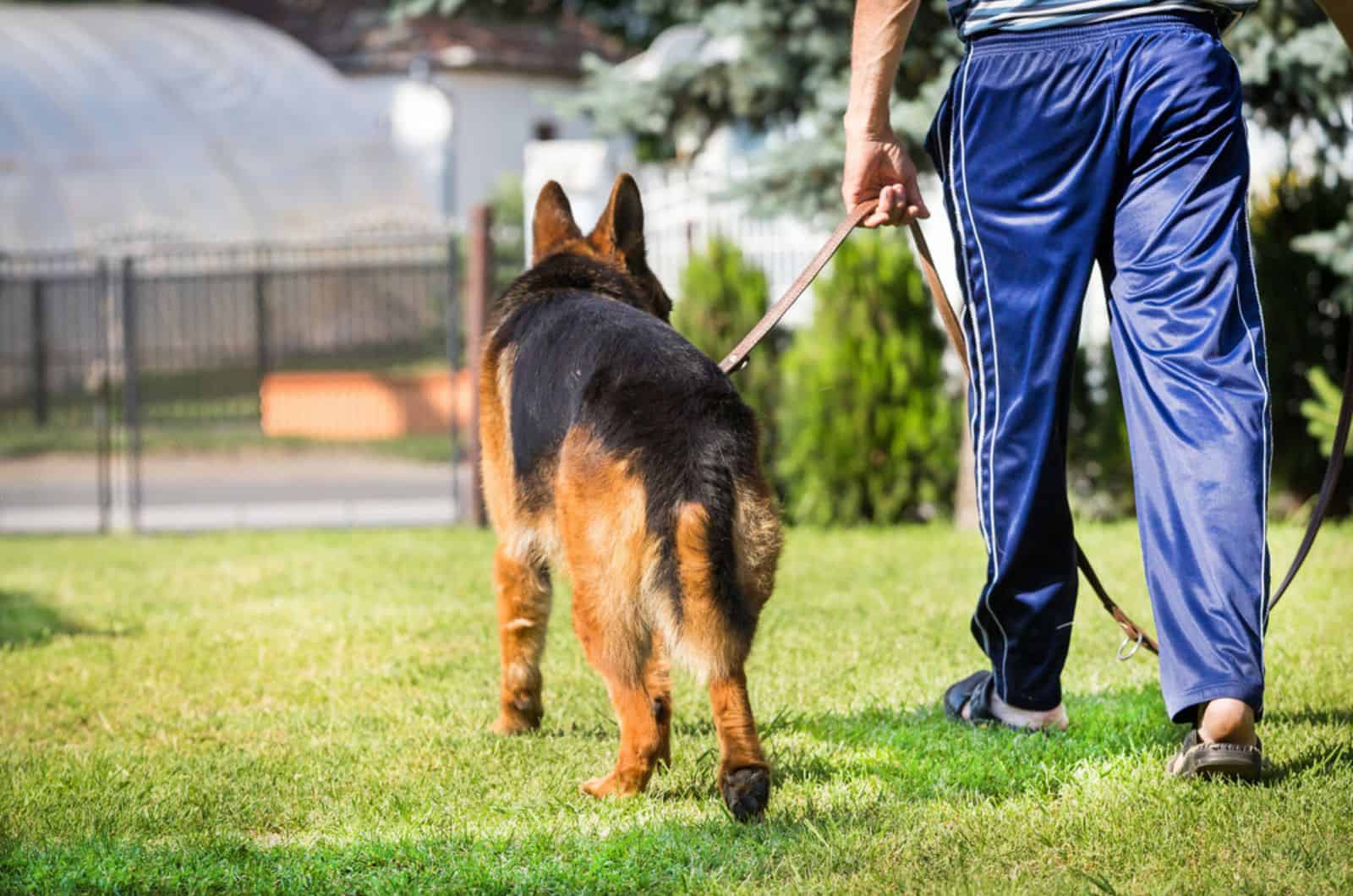There’s something about having a dog in the home that changes the atmosphere for the better. Dog owners worldwide will instantly recognize this feeling: a sense of overall happiness that makes their home feel complete. It isn’t always about feeling secure, with a big, powerful dog who scares away unwanted visitors and keeps you safe, though this is a bonus! Sometimes it’s just about simple, unconditional love, loyalty, and companionship.
However, choosing the right dog for your home can be a difficult process. You need to consider a number of factors, including the size of your home, whether it’s an apartment in the city or a mansion in the country, or whether you already have other pets at home.
Dog breeds come in all shapes, sizes, temperaments, and characters, with different needs and requirements. We’ll be looking at two of these breeds to help you choose one that’s right for you and your home – the Basset Hound or the Beagle.
Meet The Ancestors
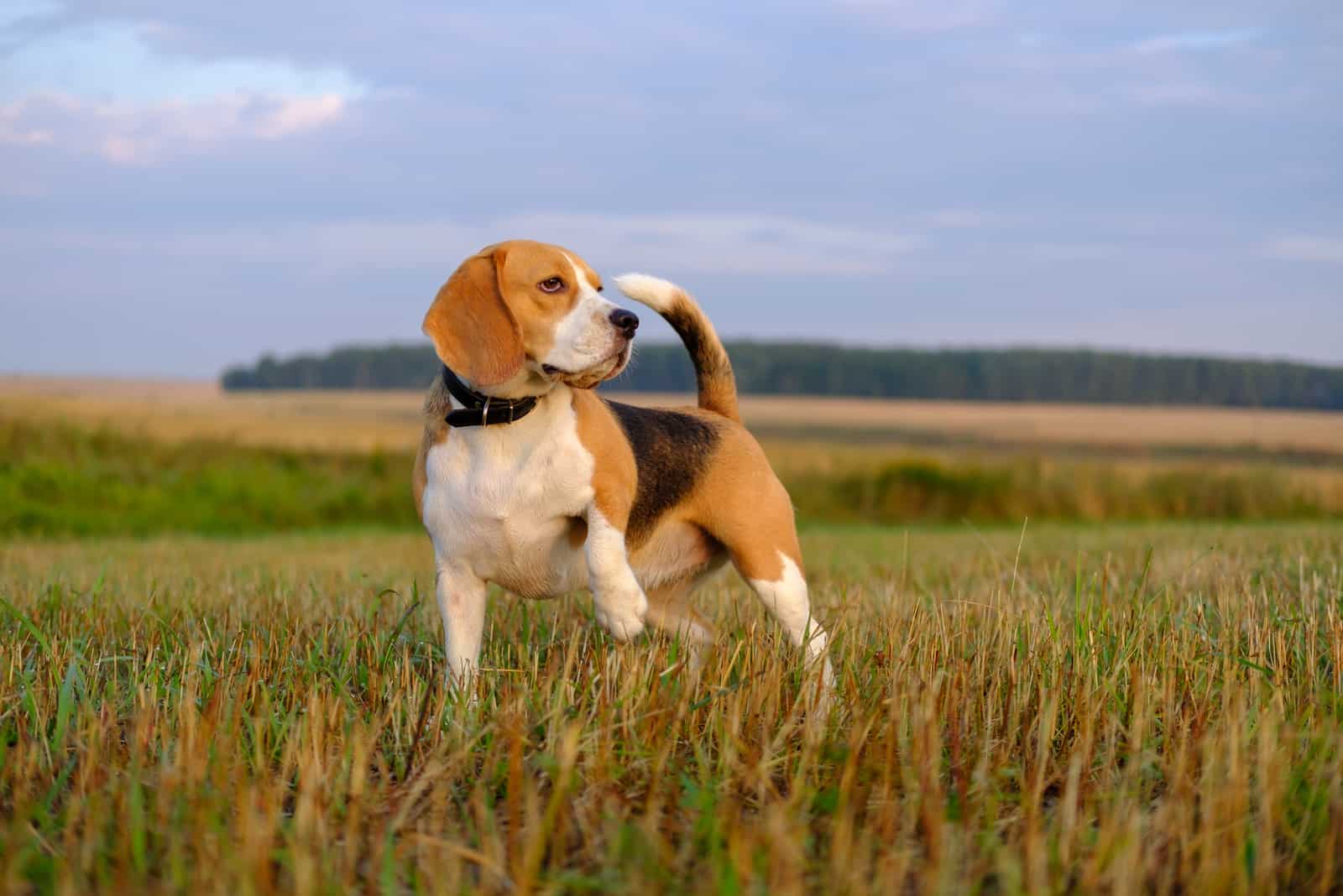
Dogs have been constant companions to humans for thousands of years, ever since the gray wolf was domesticated. Over the centuries, humans have bred dogs selectively, adapting them to suit a range of tasks and gain specific, desirable qualities.
Depictions of hunting dogs similar to Beagles can be seen on artifacts from Ancient Greece in the 5th century BC. However, the breed has gone through many changes before becoming the one we recognize today. The first mention of the name referred to Pocket Beagles, a breed that stood only 8 or 9 inches tall! Sadly, this breed became extinct in 1901 when larger dogs were preferred.
Hunting was a way of life as well as a popular sport in years gone by. Dogs were essential in tracking prey, which led to breeds being developed for their keen sense of smell. French aristocrats used the St. Hubert Hound successfully for this purpose for many years, with other breeds appearing later, such as the Talbot Hound and the Basset Hound in the 1500s.
When William the Conqueror invaded England in 1066, he brought Talbot Hounds with him. They were good for hunting but considered too slow, and there is a suggestion that they were bred with greyhounds to provide a faster runner, which is how Beagles, as we know them, originated.
Both breeds underwent changes over time, although the Basset hasn’t altered much from its saggy, short-legged look. In contrast, the Beagle continued to develop, contributing to other breeds such as the Foxhound.
Basset Hounds and Beagles became very popular in the 19th and 20th centuries, crossing the Atlantic in the 1800s to secure a place in the hearts of Americans, which remains to this day.
So, we can see that Beagles and Basset Hounds share a common ancestry, which accounts for their similarities, the most obvious of which is their coloring: black, white, and tan.
Read More: European Vs American Basset Hound
Happy Face Vs. Sad Face
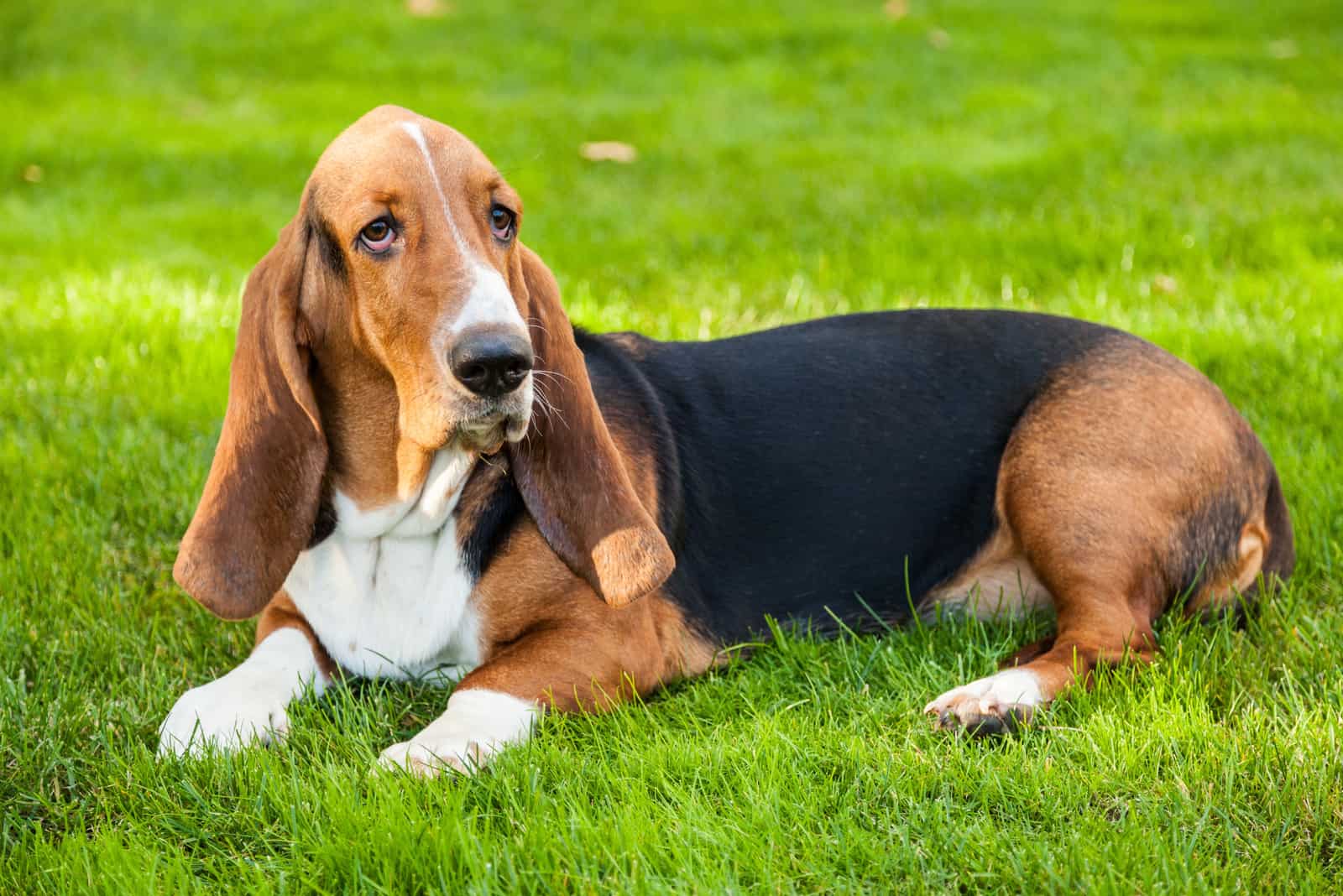
Having seen where they come from and discovered that these two breeds of dog are related, we’ll take a look at how they differ in appearance. One of the most obvious differences is in their faces.
Basset Hounds have a distinctively sad, clownish look, with long ears and a droopy face. It’s as endearing as it is comical, making them instantly adorable. Beagles, on the other hand, seem permanently happy and smiling, which tugs at the heartstrings in a different way.
The fact is, neither breed is more happy or sad than the other. It all comes down to our perception and which look appeals to us more. However, there is an added dimension to this as those sagging folds of skin on the Basset Hound can be problematic, as we’ll see later.
Following The Trail
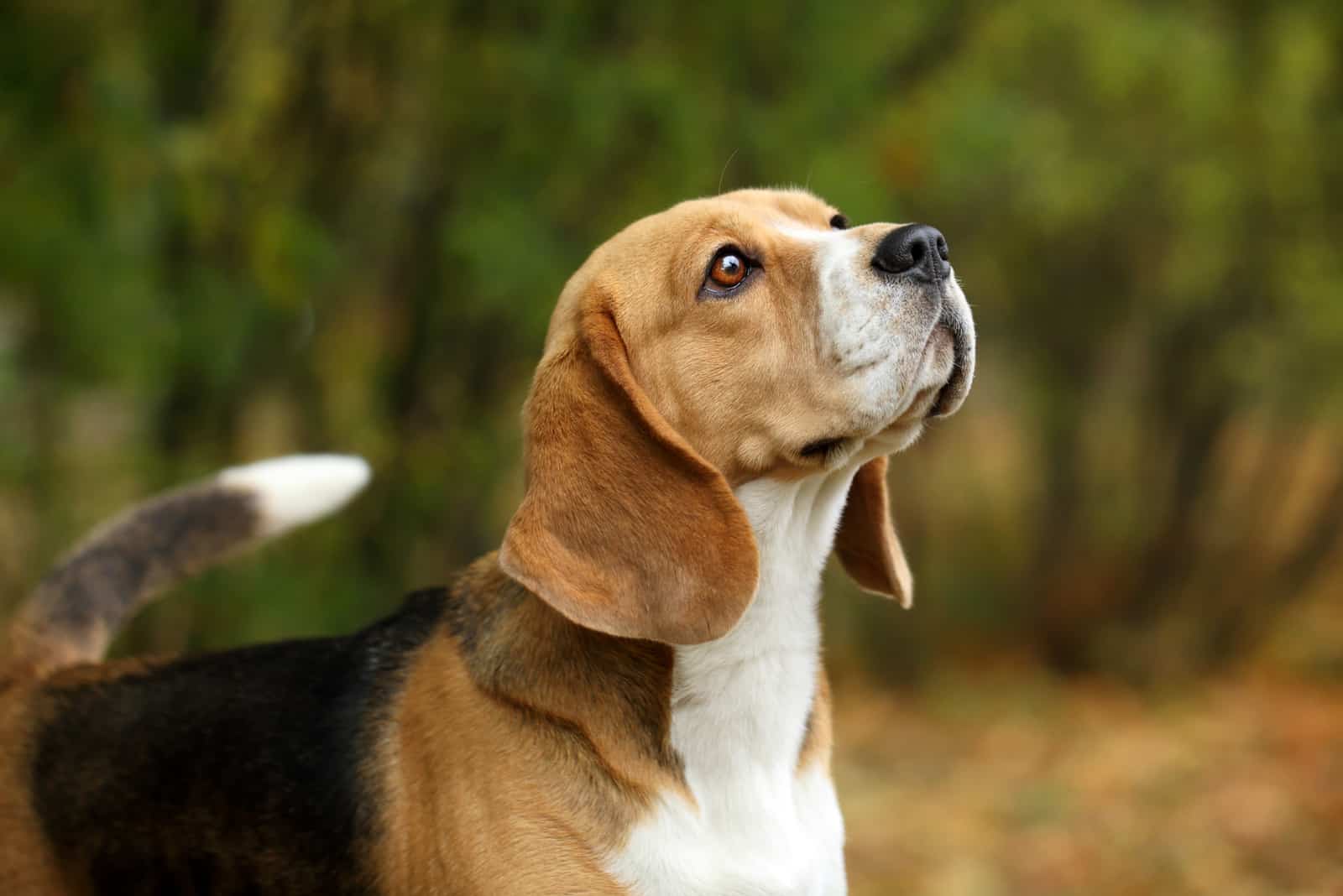
The Basset’s shorter legs make it ideal for keeping its nose to the ground. It has remarkably solid bones and the body of a large dog hidden away in those folds of skin. It was built for stamina and will plod along for miles when it catches a scent.
Those short legs add to their comical appearance, but once again, they have their drawbacks in terms of health problems.
Beagles, on the other hand, were made for the chase. They have athletic, muscular bodies, ideal for hunting prey over shorter distances. Their noses are almost as good as the Basset, but not quite (though neither can match the Bloodhound!).
These qualities were highly-valued when hunting was a way of life, but times have changed. Hunting with packs of dogs is rapidly becoming a thing of the past, and the majority of hounds are bred purely as pets, although many breeds make excellent ‘service dogs,’ used to detect drugs, explosives, and even certain types of illnesses. Others can be used as guides for people with sensory impairments.
As scent hounds, both the Basset and the Beagle have proved useful as service dogs due to their excellent noses!
Character Traits
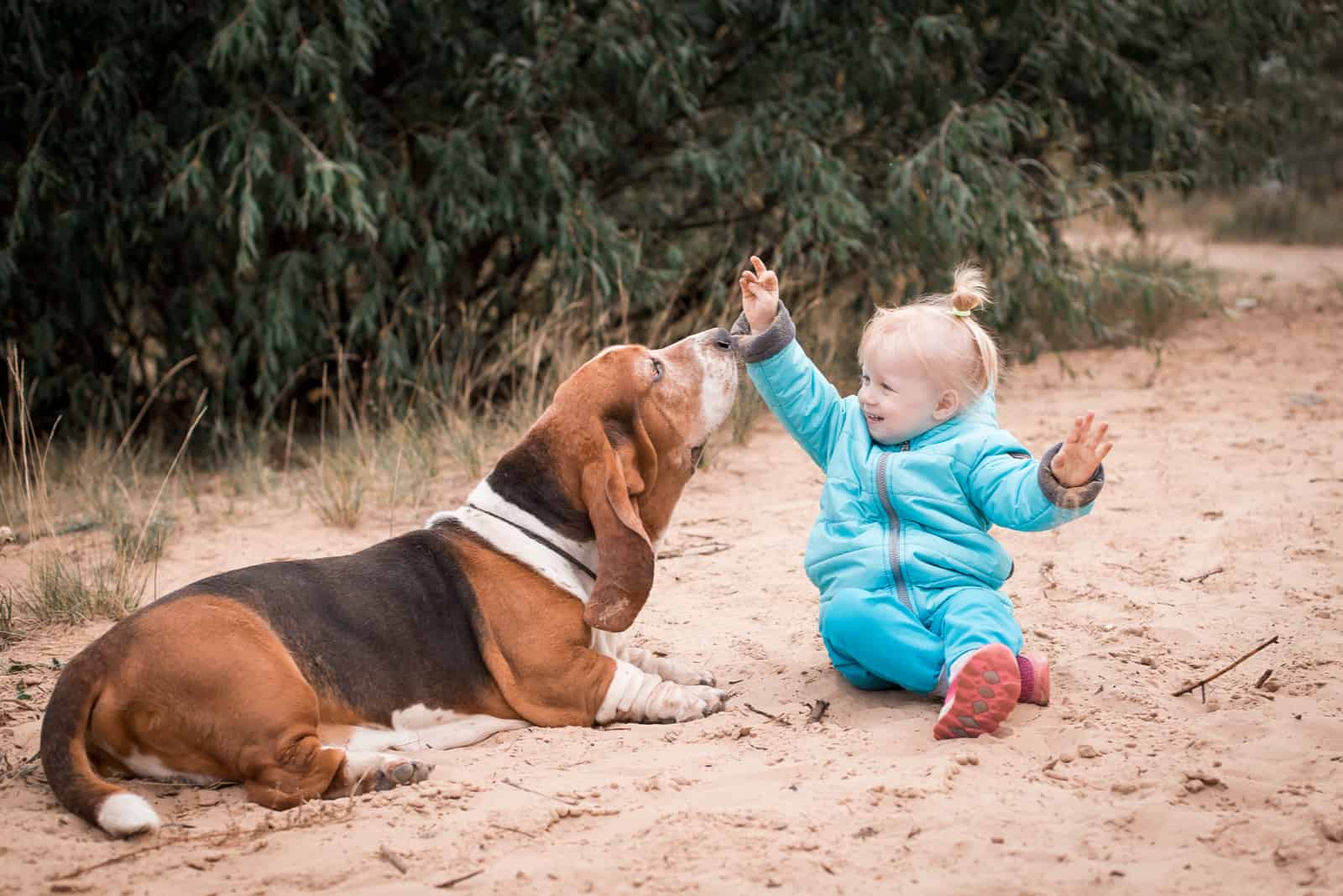
In terms of personality, both breeds are friendly and love human company. They are easy-going and get along very well with other pets and children, although early socialization is always a good idea.
They are affectionate and will always seek your attention whenever possible, though the Basset Hound is more of a couch potato and will leave you in peace while it is sleeping.
As both breeds are from the hound dog family, they have a tendency to roam, especially when their nose picks up an interesting scent. They are very smart and can be independent, so be prepared for a challenge when it comes to trainability! Their stubbornness makes early training essential, where a firm hand and some positive reinforcement will be necessary to guide them.
As a rule, it is never a good idea to leave a dog home alone for more than four hours. If possible, get someone to check in on them if you really have to leave them for a long time. While Basset Hounds are probably the better of the two at handling this, they may bark and howl when left alone. Beagles will also make their separation anxiety known by barking loudly and excessively, but they will also chew up your home!
Of course, there are certain temperamental differences when it comes to gender. For example, a male Beagle will likely behave differently from a female one. The same goes for Basset Hounds. However, these differences are usually minor.
This problem can be addressed through training, but there are no guarantees that you won’t come home to a scene of destruction if you leave them at home all day.
Read More: Beagle Growth Chart
Health Problems
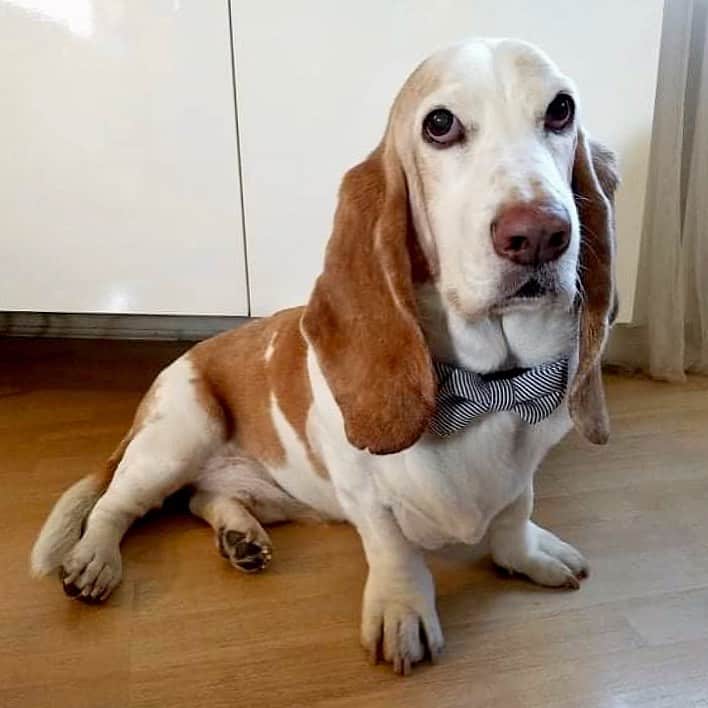
Photo from @sioleh_sy
In general, the Beagle is a healthy breed, provided you get them from a reputable breeder, give them a healthy diet, and make sure they have plenty of exercise. Ask the majority of Beagle owners, and they’ll proudly tell you how few trips they’ve had to the vet!
Sadly, the same can’t be said for Basset Hounds. Their short legs and long body can cause a range of health issues related to bones and joints, which worsens with age as they are prone to obesity.
Their long ears can trap dirt inside, so be sure to check and clean them regularly. The Basset, once again, is more at risk here because their floppy ears are longer, therefore making them more prone to ear infections.
Here are a few common health problems to be aware of:
Beagles
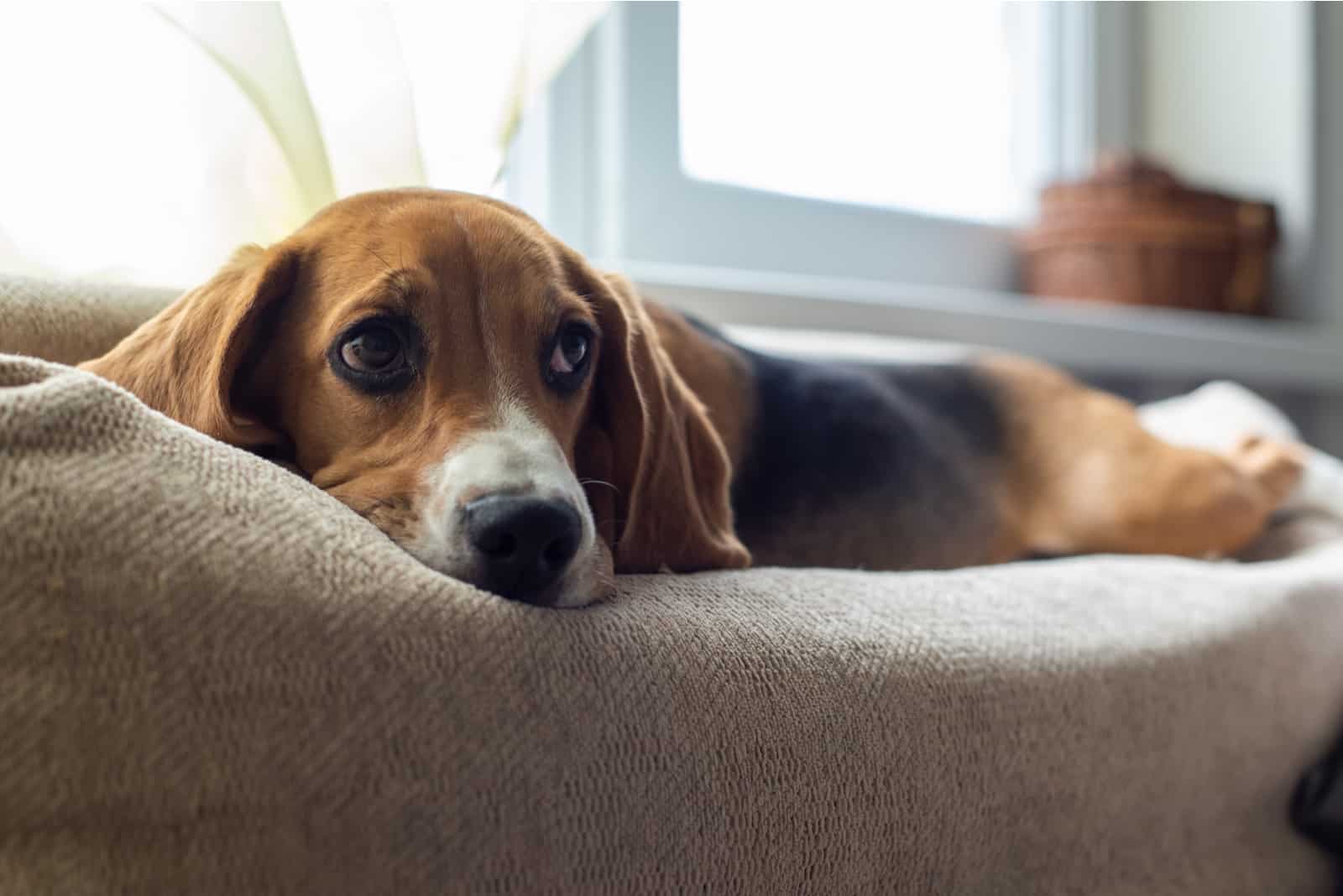
• Hypothyroidism – a condition where the thyroid gland doesn’t produce enough of the chemicals needed to convert food into energy.
• Cancer – lymphoma (relating to the immune system), bladder cancer, and osteosarcoma (bone cancer).
• Epilepsy – a brain condition that causes seizures.
• Slipped disc – ruptured or displaced discs that press on the spinal cord.
• Eye conditions – Cherry eye is the most common condition, affecting the dog’s third eyelid, which contains the tear duct. This becomes inflamed and reddened, and although not usually painful, the dog may scratch at it.
Basset Hounds
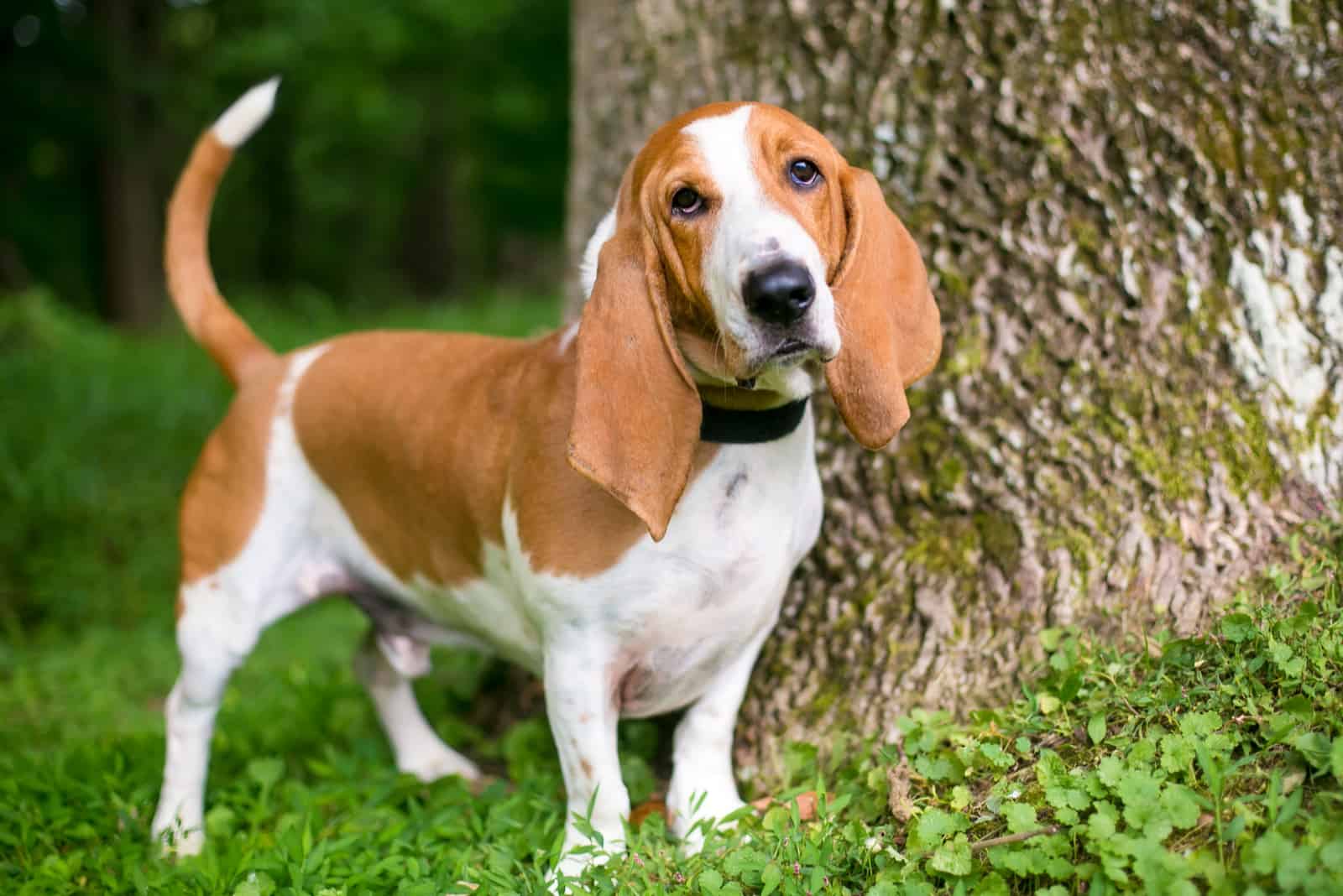
• Elbow dysplasia – the elbow joint sometimes doesn’t form properly, leading to joint pain and arthritis.
• Slipped disc – ruptured or displaced discs that press on the spinal cord.
• Glaucoma – a buildup of fluid in the eyeball leading to pressure that causes pain and, eventually, blindness.
• Gastric dilatation volvulus (GDV) – known as ‘bloat,’ is potentially fatal. The stomach fills with gas and begins to twist, restricting blood flow to the internal organs.
• Skin infections – the saggy folds of skin and floppy ears are a trap for dirt and bacteria, which causes skin infections ifn not cleaned regularly.
• Thrombopathy – a bleeding disorder connected with a low platelet count. This causes the dog to bruise easily and makes them prone to excessive bleeding in cases of injury or surgical procedure.
• Hip dysplasia – the ball and socket joint aren’t formed properly and grate against each other instead of moving smoothly. This can be painful and leads to arthritis.
• Von Willebrand’s disease – similar to thrombopathy, this disease can cause severe hemorrhaging as the blood does not clot as it should.
• Entropion – a painful eye condition where the eyelids roll inward, scratching the cornea.
• Patellar luxation – basically, this is a dislocated knee cap. The patella can slip out of place, making the dog lame. It is very painful and will cause arthritis later in life.
When you consider that the Basset has a lifespan of 10 years, while the Beagle is expected to live for more than 12, you begin to see how the different breeds are affected by these conditions.
Care And Grooming
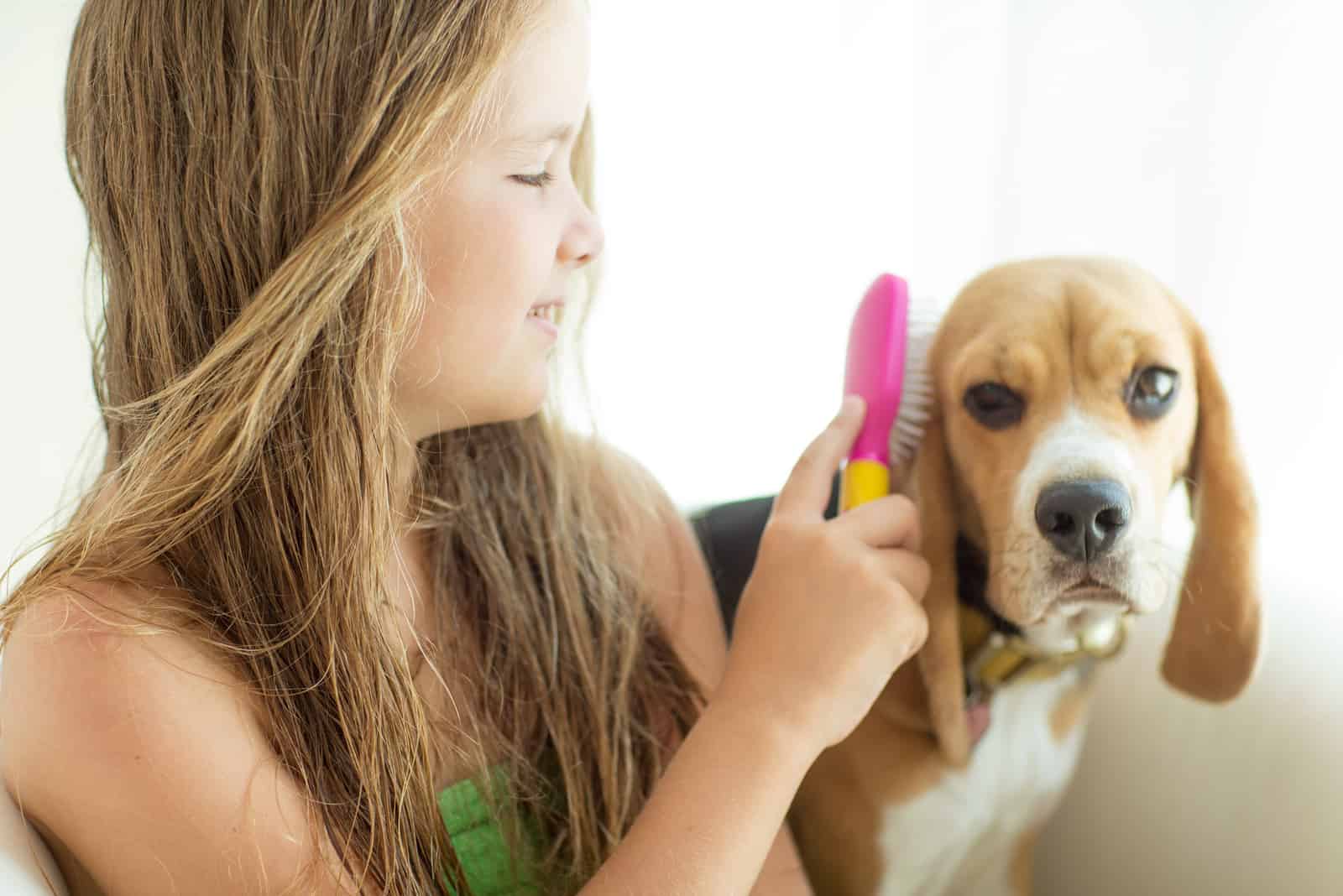
Both of these breeds have short coats that need regular brushing. The Basset is the more difficult of the two, as it sheds a great deal all year round, whereas the Beagle sheds moderately in spring. The rest of the time, it doesn’t need a lot of grooming.
Bassets are not considered the best choice of family dog for people with allergies to dog dander and saliva, as the hair they drop around the home could trigger a severe allergic reaction.
When it comes to bathing, the Beagle is a basically clean dog that doesn’t need a lot of washing (unless he rolls in something unpleasant!). The same can’t be said for Bassets, who need bathing pretty regularly, and even then, you won’t be rid of that distinctive odor that comes with their greasy coat.
Having said this, some people maintain that the Beagle has the same problem, but not quite as bad as the Basset Hound!
Those saggy folds that add to the Basset Hound’s look can harbor dirt, food, and bacteria, so you’ll need to keep them clean to stop skin infections. They constantly drool as well, which adds to the problem.
How Much Exercise Do They Need?
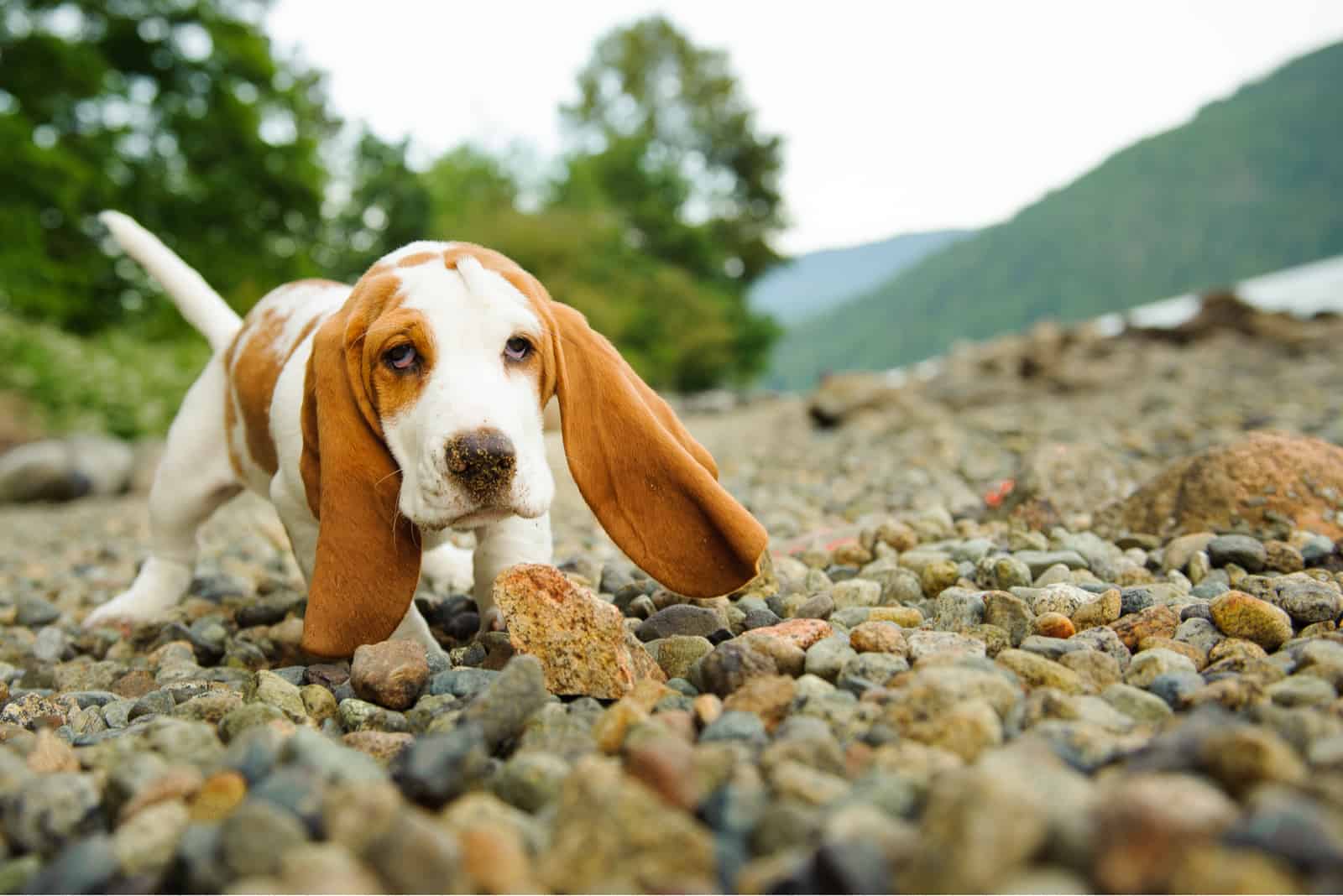
Generally, you’ll need to allow an hour of daily exercise for a Basset Hound and an hour and a half for a Beagle. While Beagles are an active and high energy dog that loves a good run as well as playtime, Bassets will probably prefer a long walk.
Both will need a yard or garden to explore, but make sure this is secure! They’re both expert diggers and will find a way out if possible once they catch a scent that takes their fancy.
Use their amazing powers to your advantage by playing scent-based games, as they will love this opportunity to show off.
Feeding Time
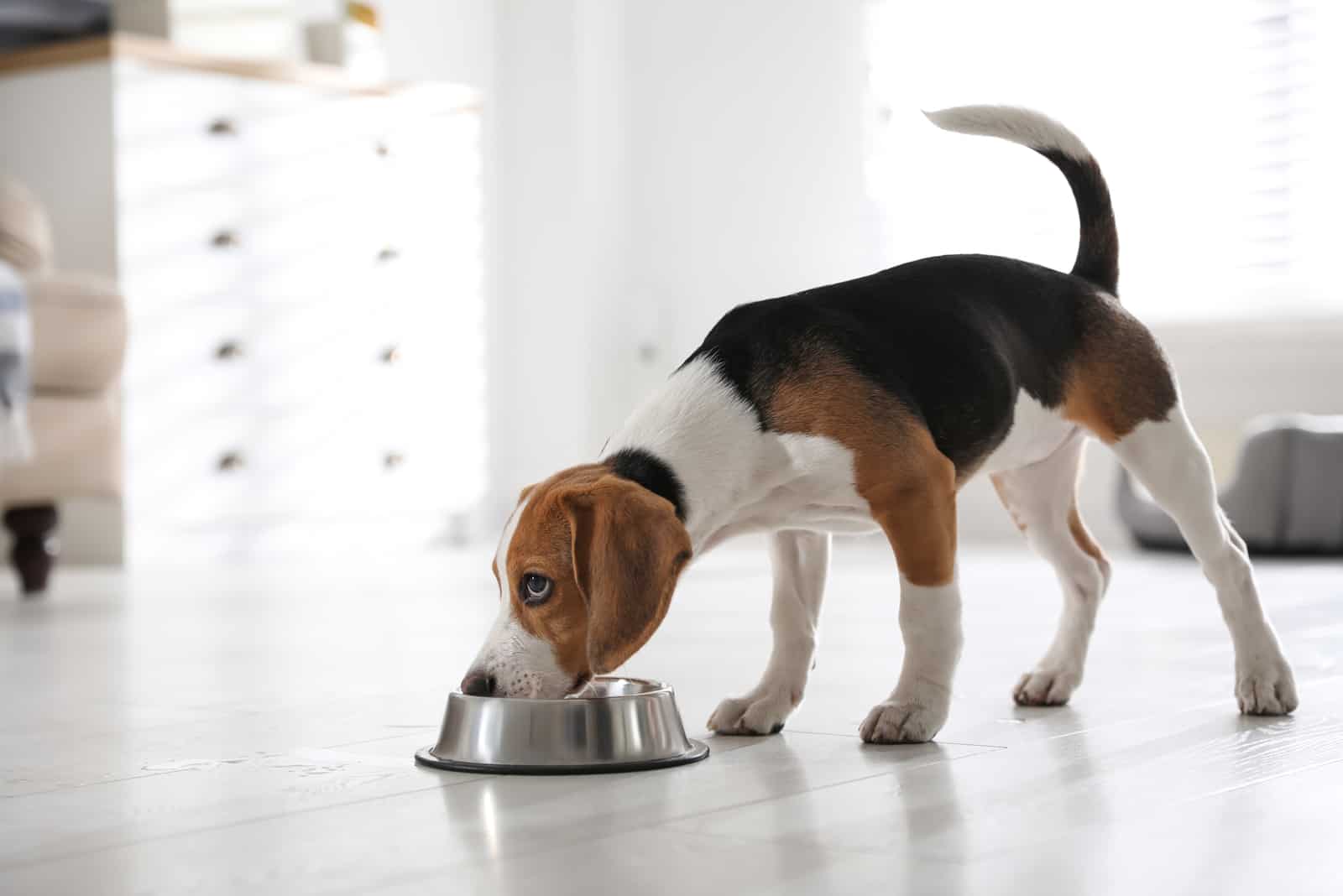
As long as you use a good-quality commercial complete dog food containing all the necessary nutrients to provide a healthy diet, all should be well. You should ideally give this to them in two meals, supplemented with occasional healthy treats. For more detailed information about the volume of food, refer to the manufacturer’s instructions or seek your vet’s advice.
The main thing to watch out for is obesity, especially in older Basset Hounds, as this will increase the chance of health issues, including back problems.
Beagles aren’t immune to obesity, so watch their diet as they get older too. Find more information on this dog’s nutrition in our Beagle feeding chart.
Price
You might also wonder what is the difference in price when it comes to Basset Hound vs. Beagle. Beagles are fairly affordable dogs. They cost $550 on average.
Basset Hounds are somewhat more expensive, as their average price is $800. Still, compared to some other dog breeds, such as French Bulldogs or Chow Chows, both have a reasonable price.
Snoopy Vs. Fred Basset
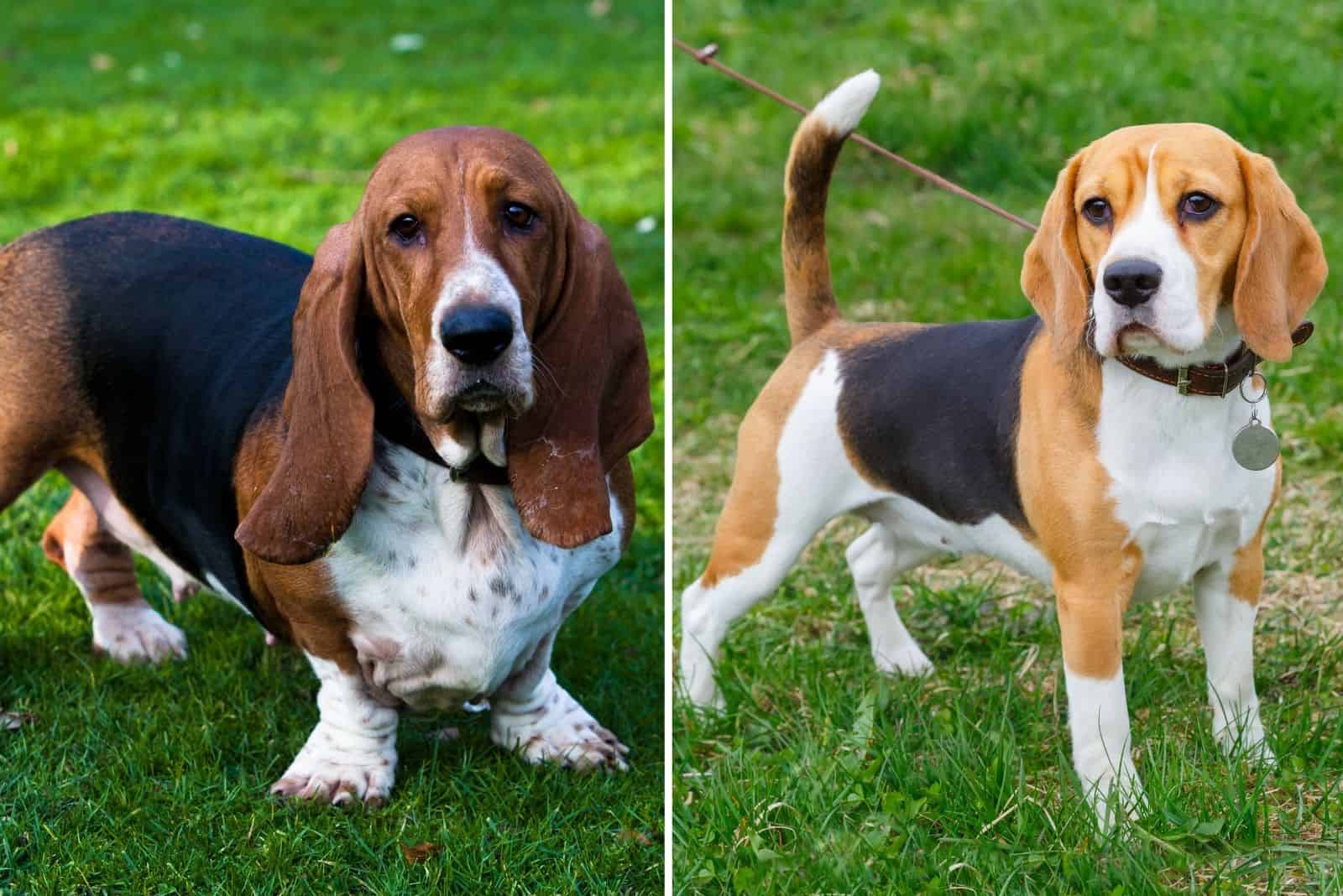
Both of these adorable breeds have been portrayed as cartoon characters because of their endearing qualities, and it is easy to see why.
We’ve looked at some of the differences and similarities, the good and the bad, to help you decide between the two. However, as there’s a lot to take in, here’s a quick guide to summarize:
The Beagle
A happy-faced hound with an amazing sense of smell. They are easy to care for in terms of grooming and are generally healthy. Beagles are loyal but independent, love company, and love to roam, whether at home or in the park.
They are energetic and need a good hour and a half a day of exercise. They need space and are good with children and pets but should be supervised in case things get too boisterous.
The Basset Hound
A laid-back, affectionate dog with a sad face but loving nature. They are super-loyal and will crave attention. They will happily plod for miles as you hike through the woods and love to amble around the yard but will escape given the chance. They do suffer more from common illnesses, but with the proper care and regular checks at the vet will live a full life. They need more grooming and will drop more hair about the place, so invest in a good vacuum cleaner!
Whether you opt for a Beagle or Basset Hound puppy, you can boost your chances of a healthy dog by approaching a reputable breeder that is endorsed by the American Kennel Club (AKC) or similar.
